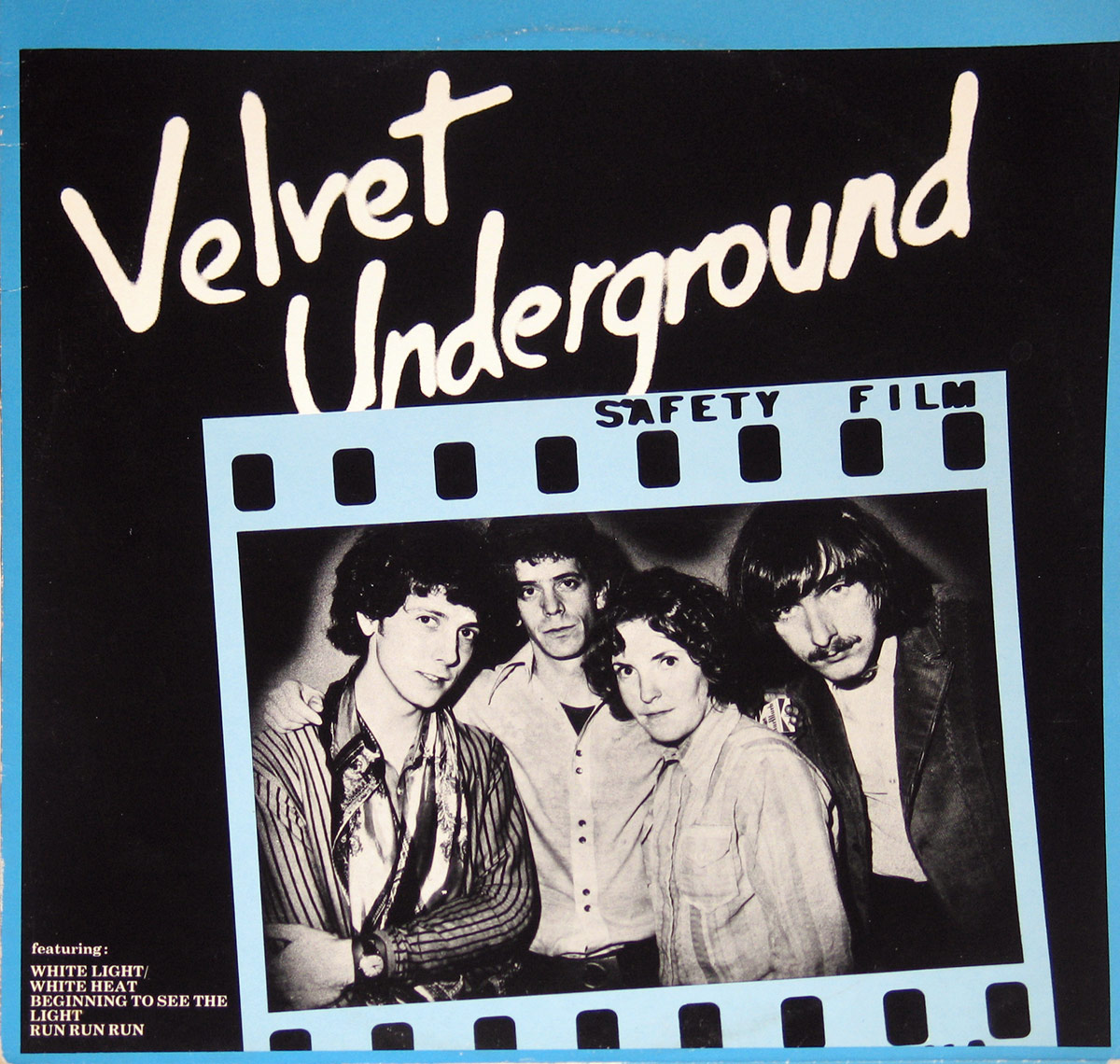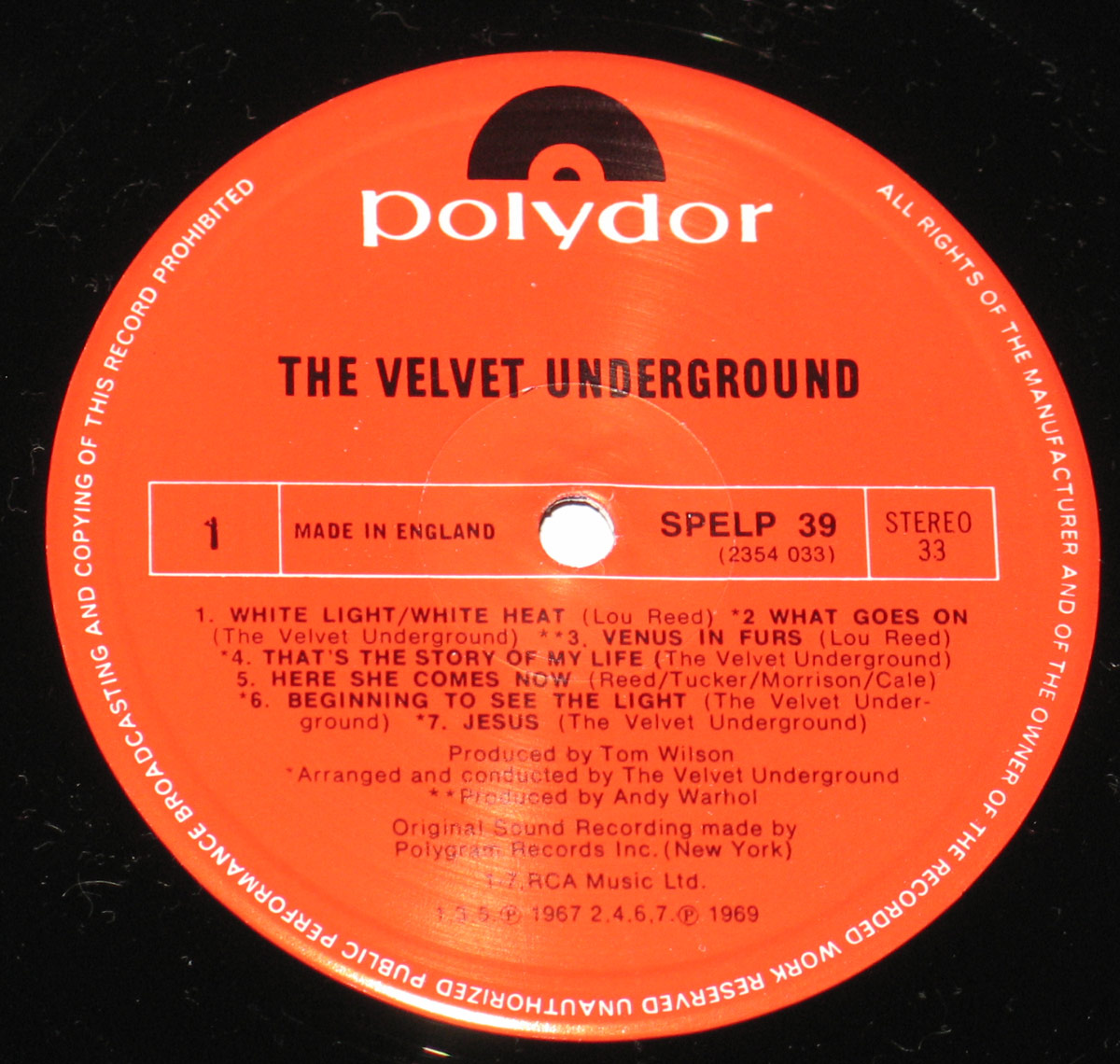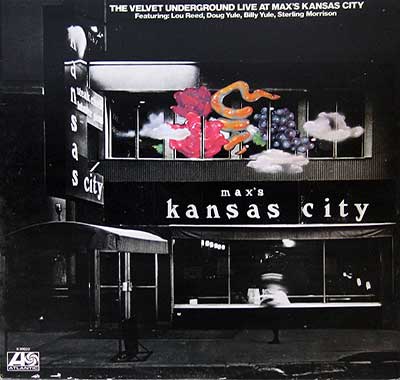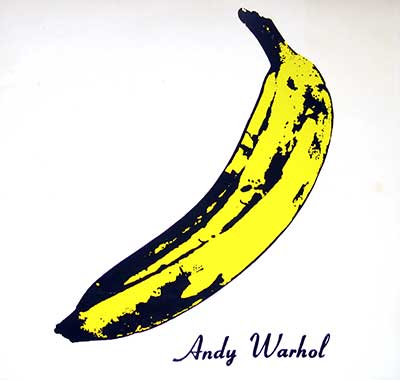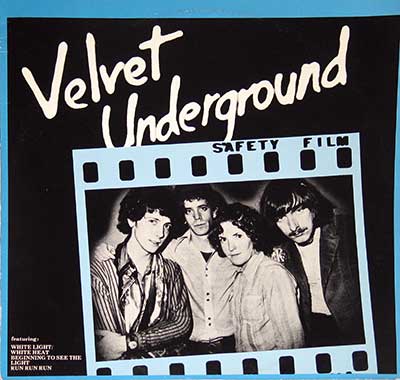This is a close-up of Side One of "The Velvet Underground" self-titled album, released on Polydor Records. The label is a deep red, with the iconic Polydor logo at the top—a bold black semicircle with a small cutout, resembling a stylized vinyl record. The band's name, "The Velvet Underground," is printed in strong black capital letters just below.
Centered on the label is a rectangular white-bordered section containing the words "MADE IN ENGLAND" and the catalog number "SPELP 39 (2354 033)." To the right, "STEREO 33" indicates the playback format and speed.
The tracklist is neatly arranged in numbered order, with each song title followed by the songwriter's name in parentheses. Notable tracks include "White Light/White Heat," "What Goes On," "Venus in Furs," and "Here She Comes Now." Each title stands out against the vibrant red background.
Production credits are listed near the bottom, crediting Tom Wilson as producer, with the additional note that the album was arranged and conducted by The Velvet Underground. Andy Warhol is also acknowledged as a producer. The text further states that the "Original Sound Recording" was made by Polygram Records Inc. (New York).
The record's spindle hole is centered within the label, cleanly cut, and surrounded by subtle grooves from the vinyl's pressing process. Around the edge of the label, small white capital letters run in a circular fashion, stating copyright information and restrictions on unauthorized reproduction, broadcasting, and performance.
